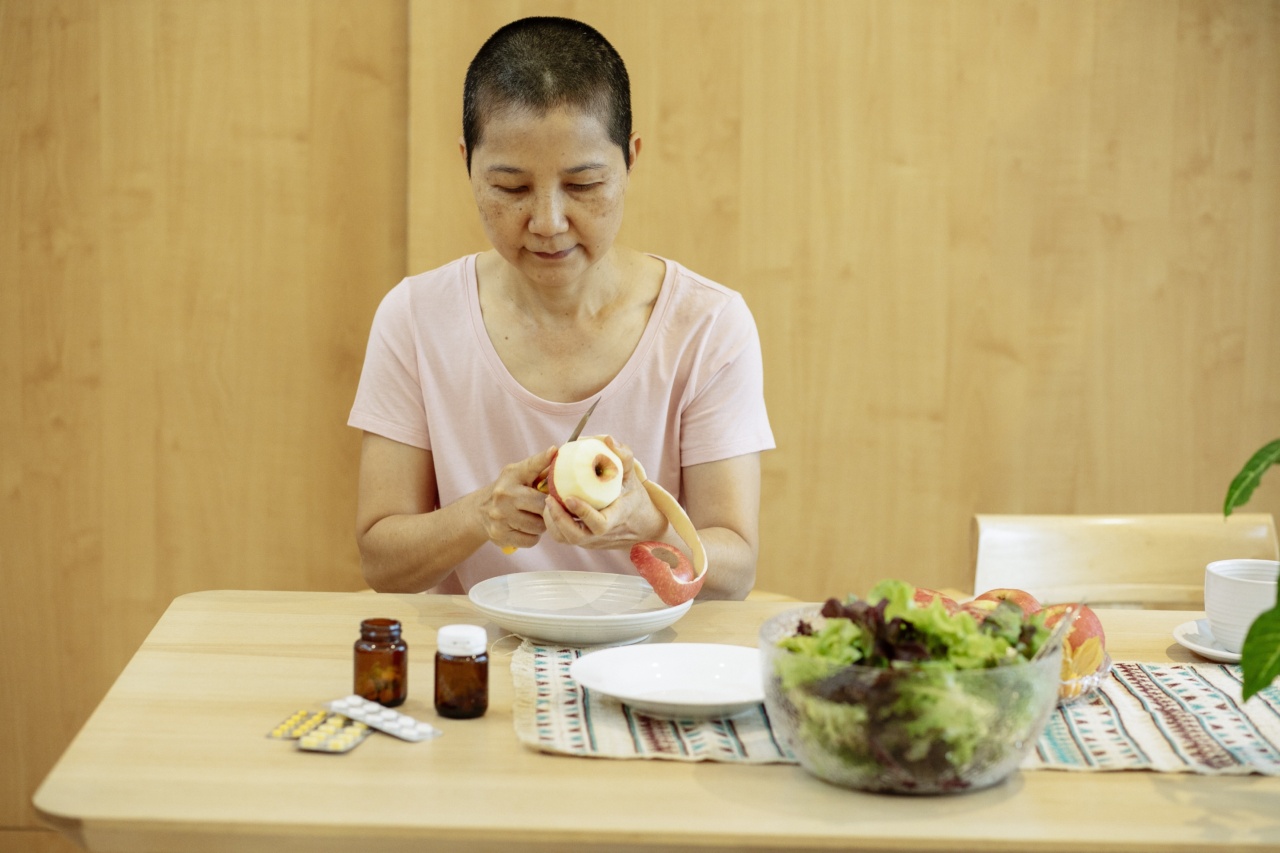Gut cancer, also known as colorectal cancer, is a type of cancer that affects the colon or rectum. It is one of the leading causes of cancer-related deaths worldwide, and its incidence is on the rise.
While there are several factors that contribute to the development of gut cancer, one area of concern is the impact of food additives. Food additives are substances added to food products to enhance their taste, appearance, or shelf life. However, some of these additives may have detrimental effects on our gut health and increase the risk of gut cancer.
The Role of Food Additives in Gut Cancer
Several food additives have been linked to an increased risk of gut cancer. These additives include artificial sweeteners, food coloring agents, preservatives, and flavor enhancers.
Artificial sweeteners, such as aspartame and saccharin, are commonly used as sugar substitutes. While they may help reduce calorie intake, studies have shown that artificial sweeteners can disrupt the composition of gut bacteria and promote the growth of cancer cells in the colon.
Food coloring agents, such as tartrazine and sunset yellow, are often added to processed foods to make them visually appealing.
However, these synthetic additives have been found to have carcinogenic properties, especially when consumed in large quantities. Similarly, preservatives, such as sodium nitrite and sodium benzoate, are used to prolong the shelf life of food products. These chemicals have been associated with an increased risk of gut cancer and other gastrointestinal disorders.
Flavor enhancers, such as monosodium glutamate (MSG), are commonly used in savory foods to enhance their taste.
While MSG is considered safe by regulatory authorities, some studies suggest that excessive consumption of MSG may lead to gut inflammation and increase the risk of gut cancer.
The Mechanisms Behind the Link
There are several mechanisms through which food additives may contribute to the development of gut cancer. One of the key mechanisms is their ability to disrupt the balance of gut bacteria, also known as the gut microbiota.
Healthy gut bacteria play a crucial role in maintaining gut health and protecting against cancer. When the balance of gut bacteria is disrupted, it can lead to inflammation and the formation of cancer-promoting conditions in the gut.
Food additives may also directly damage the DNA in the cells lining the gut. DNA damage is a common characteristic of cancer cells, and the accumulation of DNA damage can increase the risk of cancer development.
Additionally, some food additives have been found to have genotoxic effects, meaning they can directly damage the genetic material within cells and increase the risk of mutations that can lead to cancer.
Furthermore, certain food additives have been found to promote inflammation in the gut. Chronic inflammation is a known risk factor for several types of cancer, including gut cancer.
These additives can trigger an immune response in the gut, leading to chronic inflammation and potentially contributing to the development of cancerous cells.
Reducing the Risks
While it may be challenging to completely avoid food additives, there are steps individuals can take to reduce their exposure and minimize the risk of gut cancer:.
1. Read Food Labels
When grocery shopping, take the time to read food labels and familiarize yourself with common food additives. Avoid products with artificial sweeteners, food coloring agents, and excessive preservatives whenever possible.
2. Choose Fresh and Whole Foods
Opt for fresh produce and whole foods whenever possible. These foods are less likely to contain high levels of food additives compared to processed or packaged foods.
3. Cook from Scratch
Preparing meals from scratch allows you to have full control over the ingredients, including the food additives. By cooking at home, you can minimize the use of artificial additives and rely on natural flavor enhancers.
4. Prioritize Gut-Healthy Foods
Incorporate gut-healthy foods into your diet, such as fruits, vegetables, whole grains, and probiotic-rich foods like yogurt or fermented vegetables. These foods can support a healthy gut microbiota and reduce the risk of gut cancer.
5. Consult a Healthcare Professional
If you have concerns about your gut health or the impact of food additives on your risk of gut cancer, consult a healthcare professional. They can provide personalized advice and guidance based on your specific situation.





























